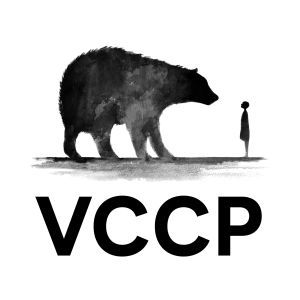
Facebook Live Versus TV – Really?

On 27th July, Mark Zuckerberg announced that Facebook would become “video first” using Facebook Live as the platform to deliver live content to millions of people all round the world.
The reaction in the industry has been a typical one: “This is the end of TV as we know it”, “Facebook Live is a nail in the coffin for broadcast TV” etc. But is it? The news that Channel 4 has just paid £25m for the Great British Bake Off has prompted public outcry as well as, predictably, a petition. It would seem that viewers are as in love with their TV as they have ever been.
So should the TV industry be quaking in its boots at the thought of Facebook Live?
Some have pointed to the last time Facebook announced its next move which in 2012 was to mobile, and in just three years its mobile advertising went from nowhere to making up 84% of all its revenue. However, isn’t this just indicative of the online industry as a whole? Mobile ad spend has grown substantially across the market since 2012 and is predicted to surpass desktop in 2016. Add this to the way in which Facebook users consume their social media and it’s little wonder they’ve seen such growth.
But, as when any media conglomerate announces a shift, Facebook Live deserves to be taken seriously. Just last month the disturbing film of the shooting of Philando Castile in Minnesota was watched by 5.7 million people: an incredible audience. YouTube has also seen success with live broadcast - the Champions League Final, dual streamed by BT; hit 1.8 million views (YouTube’s biggest ever live stream).
News has always been at the heart of social media’s strengths and Facebook Live is an evolution of social media that reflects the consumer’s desire for immediacy. However, in order for Facebook Live and other online live broadcast feeds to challenge TV, it needs to create an appointment-to-view-moment that brings an audience together.
Proctor and Gamble, one of the world’s most prominent advertisers, announced it would be re-addressing its approach to advertising on Facebook, claiming that its ads that target specific consumers have limited effectiveness and this remains the challenge for online video in general.
The shooting in Minnesota and the Champions League Final on YouTube are rare peaks in live streaming. A good example is YouTube’s Smoosh TV, which launched in August; the live stream attracted less than 60,000 views but went on to draw 25 times that audience in replays. The problem with the majority of viewing being consumed in the replay world is that the consumption becomes incredibly individual, with little sense of occasion. And so the accompanying advertising is also subjected to the same effects.
The Great British Bake Off attracts an audience of 13 million people, all of whom tune in at the same time, and with its impending move to Channel 4 advertisers have been given an invitation to the event. Thanks to social media the viewer is also invited to the GBBO party and as such any brands advertising around the show become part of that shared experience, that shared memory.
In a 1:1 communication the brand struggles for trust, in a party attended by 13 million people the brand becomes common, accepted, so for live streaming to really challenge TV it must turn videos into events, into moments that unify audiences and are shared by people.
Lee Baring is Head of TV at VCCP













